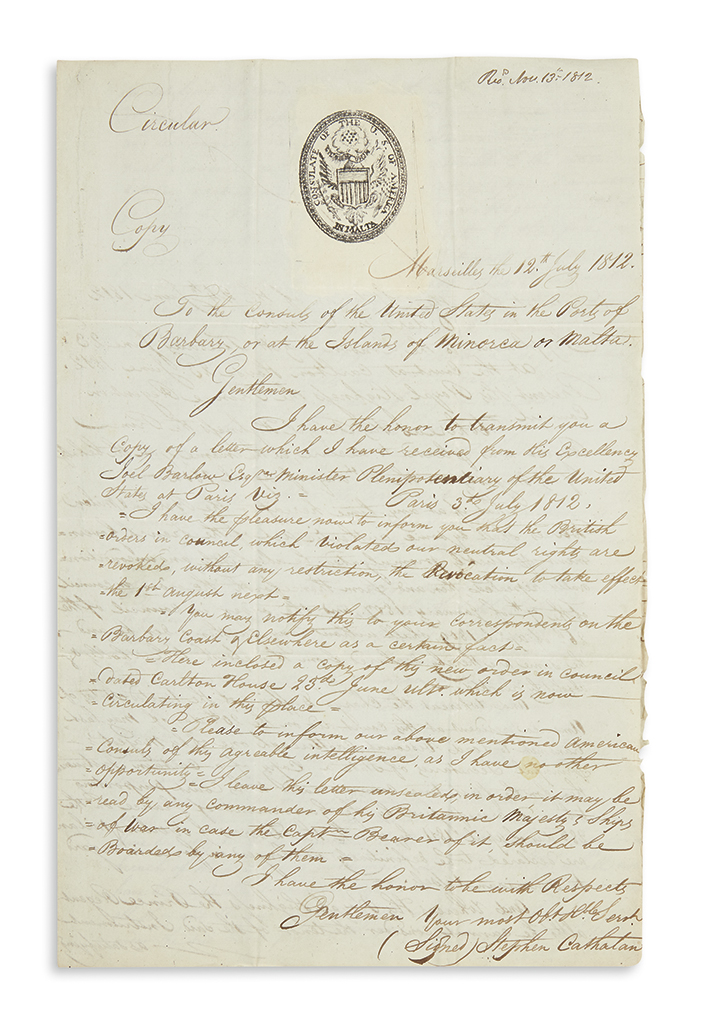Sale 2473 - Lot 226
Price Realized: $ 312
?Final Price Realized includes Buyer’s Premium added to Hammer Price
Estimate: $ 300 - $ 400


Aliquam vulputate ornare congue. Vestibulum maximus, libero in placerat faucibus, risus nisl molestie massa, ut maximus metus lectus vel lorem.